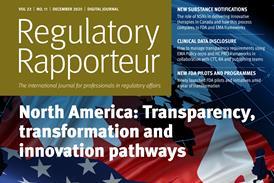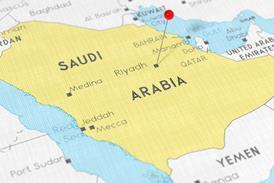Central sourcing of authorised comparators and concomitant medications for multiregional clinical trials in accordance with ICH E17: CMC documentation requirements

Abstract
With the increasing globalisation of drug development, it has become important that data from multiregional clinical trials (MRCTs) can be accepted by regulatory authorities across regions and countries as the primary source of evidence to support the marketing approval of drugs. The purpose of the International Council for Harmonisation of Technical Requirements for Pharmaceuticals for Human Use’s (ICH) document, ICH E17,[1] is to describe general principles for the planning and design of MRCTs with the aim of increasing the acceptability of MRCTs in global regulatory submissions.
Strategic use of MRCTs in drug development programmes, properly designed and executed in accordance with ICH E17, can increase the efficiency of drug development. MRCTs may enable simultaneous submission of marketing applications and support regulatory decision-making in multiple regions, allowing earlier access to new medicinal products worldwide.
The choice of control groups should be considered in the context of the available standard therapies, the adequacy of the evidence to support the chosen design, and ethical considerations. The selection of comparators should be discussed and agreed upon with the relevant regulatory authorities. Comparators in MRCTs should, in principle, be the same in all participating regions.
Due to the complexity in setting up MRCTs, some key points addressed in ICH E17 focus on practical and ethical issues associated with the use of comparators. Furthermore, in general, drugs used concomitantly with the investigational medicinal products (IMPs) should be the same throughout the regions to the extent possible, but there may be some differences in the drugs and/or doses used because of variations in medical practices.
The aim of this article is to provide key awareness and guidance on chemistry, manufacturing and controls (CMC) documentation requirements for inclusion in a clinical trial application (CTA) for centrally sourced, unmodified (apart from repackaging/relabelling) comparators and concomitant medications, for Group of 20 (G20) countries[2] and some rest of the world (ROW) jurisdictions which are routinely included in MRCTs.
How to read this journal article
Thank you for visiting Regulatory Rapporteur. Journal articles are restricted to TOPRA members and registered users.
If you are a TOPRA member, or have already registered for limited free access, log in now (Option 1 below).
Not yet a member? You can either join TOPRA (Option 2 below) or register to view limited content for free (Option 3 below).



















